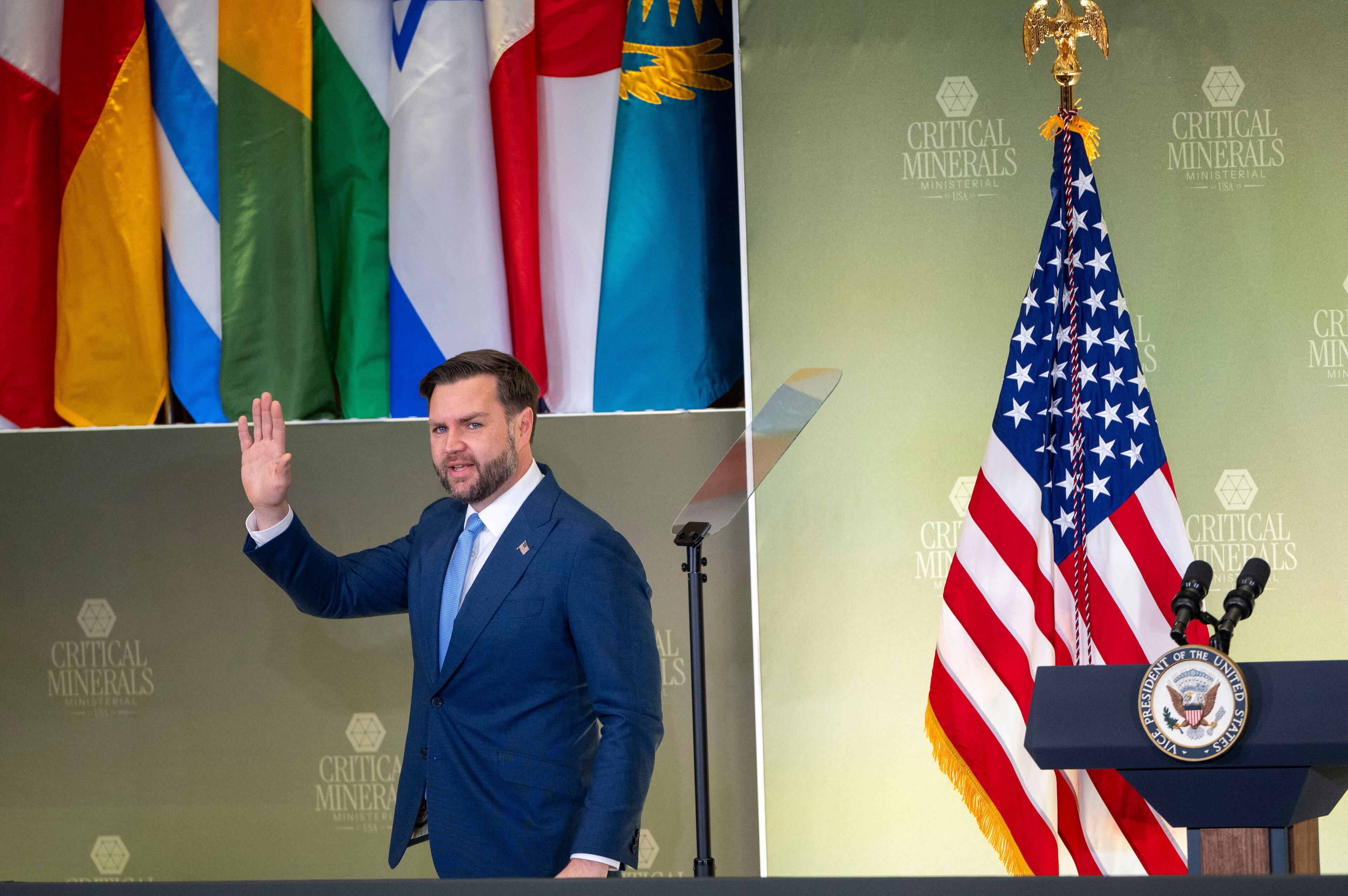What’s a freight ‘air pocket’? It could soon hit Georgia.

The fallout from President Donald Trump’s trade war hasn’t shown up yet in the official April numbers for cargo traffic reported Tuesday by the Georgia Ports Authority.
Yet even as the nation’s third busiest container port recorded its best April in history, the ups and downs of the recent trade environment has trade observers watching for something that could soon hit the state — known as a cargo “air pocket.”
That’s an industry term for a dip in shipping volumes followed by a resurgence, and the U.S. is just starting to enter one prompted by the whipsawing of recent tariff policy.
The U.S. is entering a few weeks’ worth of canceled container ship sailings while the administration’s 145% tariffs on Chinese goods were in place. But last week, when a 90-day trade truce reduced the tariffs to 30%, analysts say there was a subsequent resurgence in trade.
“We’re in this bizarre situation where the news is positive: reduced tariffs,” said Rick Paterson, a transportation industry research analyst at Loop Capital. “But in the real world, in the U.S., we’re just going into the ditch.”
Early May saw the beginning of a dive in inbound volumes of containers into Los Angeles, he said. The L.A. port‘s CEO previously predicted it would see a 35% slump beginning this month.
And while the Port of Savannah’s April volumes exceeded 500,000 container units for only the seventh time ever — up 17% from April 2024 — a version of that dip could be coming.
The shipping cycle from China typically numbers 40 days, from booking to loading to sailing to unloading, according to Ports Authority CEO Griff Lynch. The 145% tariff went into effect on April 9, meaning goods that have arrived prior to Wednesday were already in the pipeline prior to when the high tariffs were imposed.
“It’s going to happen,” Lynch said of a container slowdown. “When we look out on the water today, we see less volume, and we have to get through that 40-day life cycle from when the tariffs were reduced, about the end of June, to see it pick up again.”
For April and the first 20 days of May, though, the port has continued to experience its normal roughly 30 ship calls a week.
Lynch pointed out Savannah will have “less exposure” to the situation than West Coast ports, since about 40% of its imports comes from China.
Across the ocean in China, a restart of shipping following the tariff drop has already begun, Paterson said. The question is, how much of a jump.
Thirty percent still is a significant tariff, he pointed out. Does that 30% dissuade buyers from jumping back to their prior level?
“Or does the fear that it may go back above 30% in 90 days cause them to pre-ship, to rush product in?” he said. It remains a “question mark.”
Last week, the CEO of maritime shipping giant Hapag-Lloyd, Rolf Habben Jansen told investors the company already saw a few days of 50% increased bookings from China after the tariff reprieve — up double digits from the period before the tariffs began.
One challenge, Paterson warned, is that many shippers had moved their vessels away from China in response to the slump. So it will take some time for them to reposition ships to capitalize on a resurgence.
Will Bentley, president of the Georgia Agribusiness Council said in an interview he expects farm equipment manufacturers are likely taking advantage of this reprieve. “I’m sure their purchasing has gone through the roof this week, I would assume, to try to get stuff in.”
‘Squeezed at both ends’
But Bentley said at a high level, Georgia’s commodities farmers are hopeful that despite short-term pain, this trade war will help break years of challenging trade dynamics.
He hopes for new agreements that will help protect American farmers from an influx of production from other countries without the same level of environmental and labor regulations as the U.S.
American farmers for example, he said, have to buy “Tier 4″ diesel engine tractors to comply with EPA standards that their competitors in places like Brazil do not.
“I think we’re at a point in agriculture in the state of Georgia where we feel like this trade war is probably necessary, because we’re hurting so bad anyway,” he said. “It can always get worse for us, but it‘s about as bad as it gets for row crops in South Georgia specifically.”
Simultaneously, however, these tariffs risk affecting the international markets that American farmers are dependent on, he said. China, for instance, has been a major cotton market for the U.S.
But given their harvests aren’t until the fall, they have some time to see if agreements actually play out, he said.
In the short term, however, tariffs are an issue for key agricultural products like fertilizer and chemicals that come from elsewhere in the world.
“We’re getting squeezed at both ends in agriculture,” he said.




